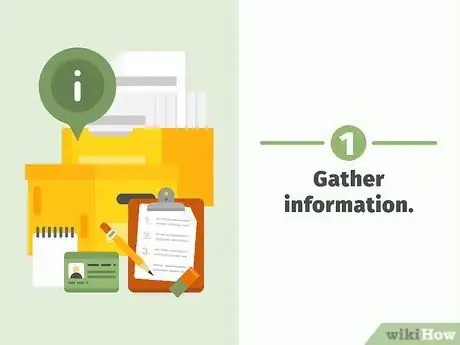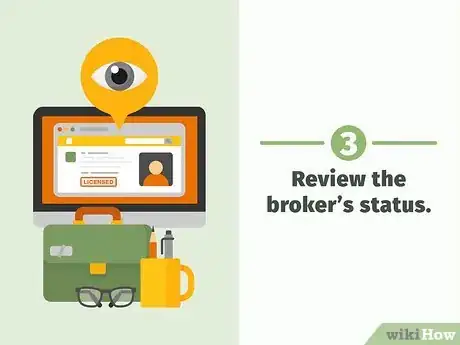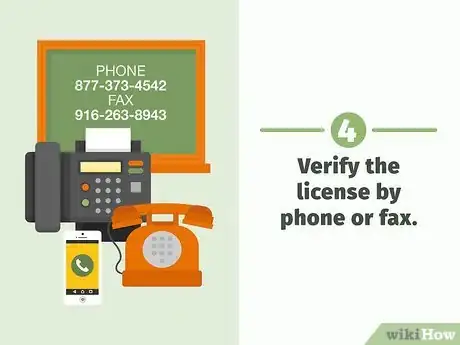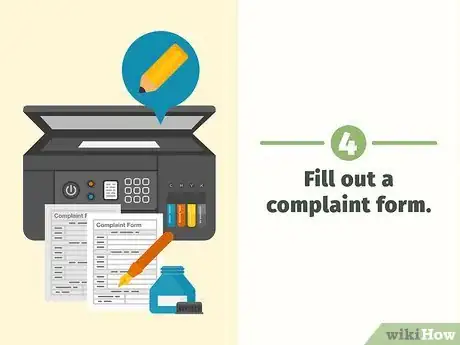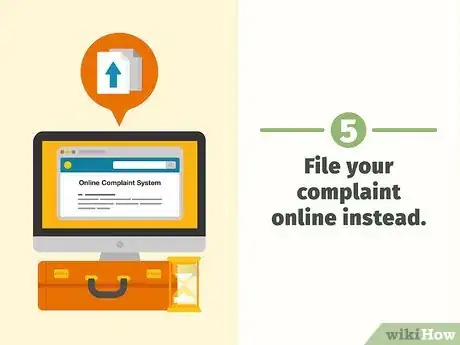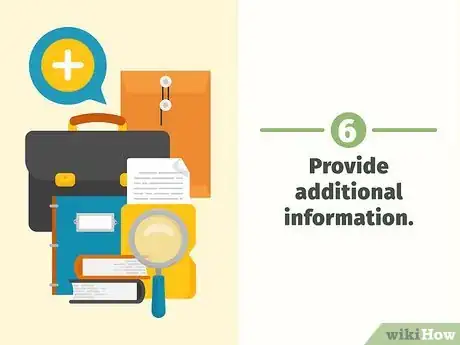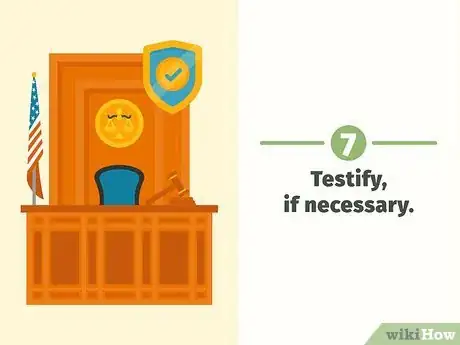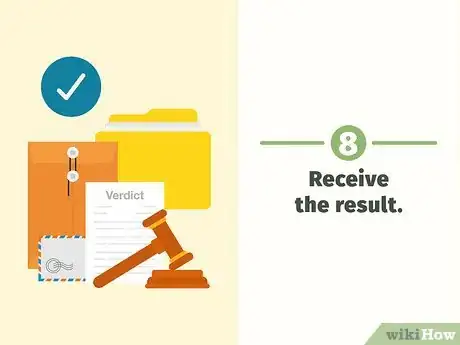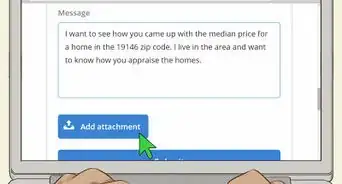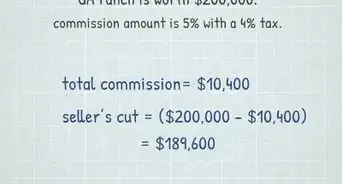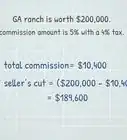This article was co-authored by wikiHow Staff. Our trained team of editors and researchers validate articles for accuracy and comprehensiveness. wikiHow's Content Management Team carefully monitors the work from our editorial staff to ensure that each article is backed by trusted research and meets our high quality standards.
There are 7 references cited in this article, which can be found at the bottom of the page.
This article has been viewed 45,770 times.
Learn more...
A real estate broker can be a big help when searching for real estate, but you only want to do business with legitimate brokers. To check if the broker has a valid license, visit California’s Bureau of Real Estate and perform a search. You can also file a complaint against a broker at the same website.
Steps
Verifying a Real Estate License
-
1Gather information. You’ll need the following information to search for a real estate license. Collect it from the broker:[1]
- Name
- Mailing address
- City
- License ID
-
2Search the website. Visit the Bureau of Real Estate’s website at http://www.dre.ca.gov/. At the website, click on “Verify Real Estate License” from the link.
- You should provide the requested information. After you submit the company name or license ID number, click on “Find.”
Advertisement -
3Review the broker’s status. Click on the link for the License ID number next to the broker’s name. The next page should include all public information about the broker, such as the license status, mailing address, and the license’s expiration date.
- The license status should read “licensed” or “expired.” If the license is expired, the broker should no longer be practicing real estate.
- Any disciplinary actions will also be listed in the comments section at the bottom of the page.
-
4Verify the license by phone or fax. You can instead check the license status by calling 877-373-4542. Business hours are 8:00 am to 5:00 pm, Monday through Friday.[2]
- You can also send a fax to 916-263-8943. On your cover letter, provide your own fax number or contact information so that the Bureau can provide the license status of the real estate broker.
Filing a Complaint
-
1Read California’s real estate law. The Bureau of Real Estate can investigate any violation of its real estate law. If the real estate broker is guilty, then the agency can revoke their license. You should read the law first to see if it covers the suspected violation. You can find the law at http://www.dre.ca.gov/files/pdf/relaw/2016/relaw.pdf.
- Common violations include making a serious misrepresentation about the property and mishandling money in trust accounts.[3]
- Brokers are also regularly disciplined if they employ salespeople who are not properly licensed.
-
2Gather documentation. You’ll build a stronger case if you have documentary evidence to show the Bureau of Real Estate. Collect any of the following:[4]
- Deposit receipt
- Cash receipts
- Cancelled checks
- Listing agreement
-
3Find witnesses. A good witness is anyone who overheard your conversations with the broker. Take down their names, addresses, and phone numbers.[5] The Bureau may need to talk to them.
- For example, a broker might have told you that the roof was new. If you looked at the property with your friend, they can testify about what the broker said.
-
4Fill out a complaint form. Download the form here: http://www.dre.ca.gov/files/pdf/forms/re519.pdf. You can either enter your information directly into the PDF or print off the form and enter the information by hand. When you are finished, keep a copy for your records and submit the form to the address provided.
- You will have to provide a statement about what happened. You should explain the relevant events from the beginning. If you are reporting conversations, then explain who said what and when. Identify any witnesses with helpful information.
- You must sign your complaint under penalty of perjury, so double check that all information is accurate.
-
5File your complaint online instead. You will have to provide the same information as you would on a paper complaint. You can also upload digital copies of any supporting documents you have.
-
6Provide additional information. Your complaint will be reviewed after you submit it. If the Bureau thinks the complaint has merit, they will assign an investigator to the case. The Bureau might need more information, which you should provide it as soon as possible.[6]
-
7Testify, if necessary. If the Bureau thinks the broker violated the law, they will hold an administrative hearing. You might be asked to testify. You can prepare by going back over your complaint to refresh your memory. When it comes time to testify, remember the following tips:[7]
- Sit up straight and pay attention. When you talk, keep your hands in your lap.
- Listen carefully to the question. If you don’t understand it, ask that the question be repeated.
- Answer only the question asked. Don’t volunteer information.
- Always tell the truth. If you don’t know the answer, say, “I don’t know.”
- Avoid talking over the judge or the lawyers.
-
8Receive the result. The broker will only be disciplined if clear and convincing evidence shows that they committed the violation. The case will be heard by an administrative law judge, who will deliver the verdict.[8]
References
- ↑ http://www2.dre.ca.gov/PublicASP/pplinfo.asp
- ↑ http://www.dre.ca.gov/contact.html
- ↑ http://www.dre.ca.gov/files/pdf/mostcommonenforcementviolations.pdf
- ↑ http://www.dre.ca.gov/files/pdf/forms/re519.pdf
- ↑ http://www.dre.ca.gov/Consumers/FileComplaint.html
- ↑ http://www.dre.ca.gov/files/pdf/forms/re519.pdf
- ↑ https://www.avvo.com/legal-guides/ugc/25-tips-for-being-a-good-witness
- ↑ http://www.dre.ca.gov/files/pdf/forms/re519.pdf
